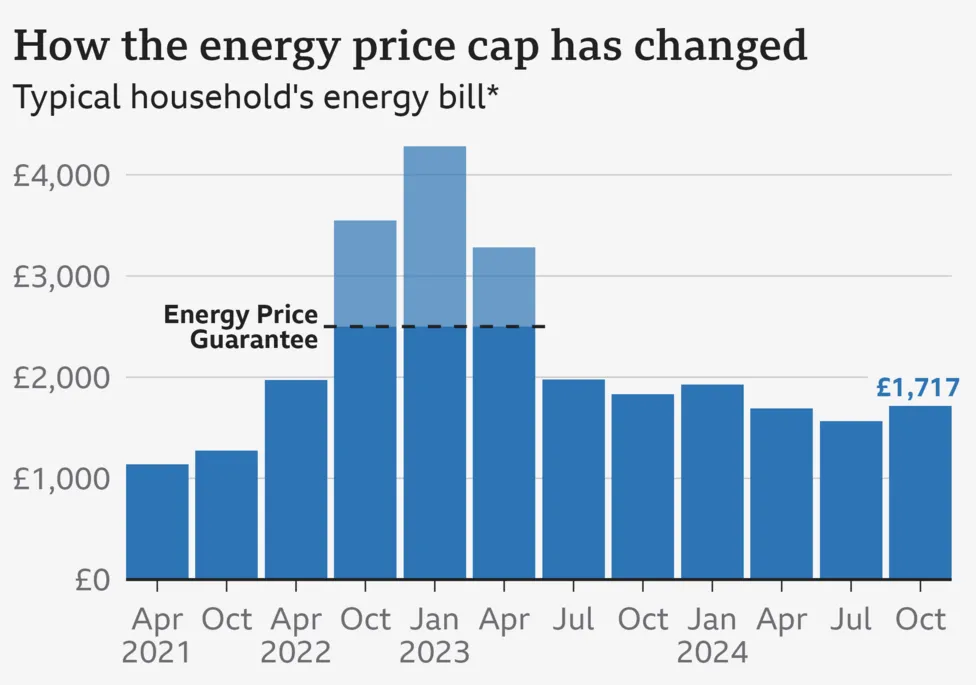Many of us have observed the rise in the UK energy price cap which has caused concerns for homes and businesses. With energy costs on the rise there’s a growing need to manage energy usage efficiently.

Data analysts have the unique ability to analyze energy consumption patterns and identify inefficiencies that may otherwise be overlooked. By leveraging on consumption data from meters, production data (production output, production line identifier), weather data (temperature, humidity (%), wind speed (m/s), solar radiation, operational data (shift start, shift end, shift type, staffing levels), energy costs per kWh, energy efficiency measures and expected Impact—we can discover insights that help develop effective strategies to reduce energy waste.
For instance, through time series analysis data analysts can forecast peak energy usage times enabling businesses to schedule high energy tasks during off peak hours.
Similarly, by linking energy use with information we can identify equipment or processes that are driving up expenses unnecessarily.
The end goal is to support organizations and households in not just surviving these times but thriving by making informed decisions based on data which will lead to significant energy savings and in turn reduce the carbon footprints.
Looking ahead the role of data analysts will play a part in shifting towards sustainable and cost-efficient energy management practices.